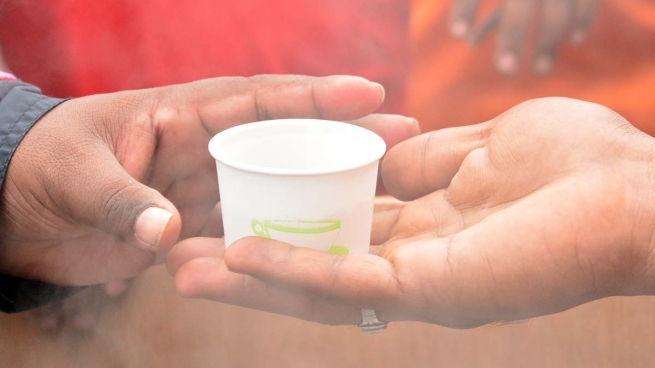Almost in imitation of the world scene, these problems generate routines and tiredness, often provoking the end of relationships; the result: our best projects or our finest intentions are rendered vain by our very own mistakes and personal limits.
In any affective relationship, as in any community project, although situations of or for conflict are many and different points of view or visions seen, a virtuous behavioral model must enable the harmonization of these elements through a policy of tolerance and open-mindedness.
The growth and consolidation of our bonds then require constant commitment on a path often hostile due to its being overshadowed by reality and the way it is perceived.
One of the ways to break this entropical process is our capacity for empathy, "placing ourselves in another's shoes" to understand their life experience. As the Austrian psychiatrist Alfred Adler says "look with the eyes of the other, listen with the ears of the other and feel with the heart of the other."
Knowing how to put oneself into "another's shoes" is a walk born of an act of courage, faith, and love that helps us learn to be more tolerant and compassionate with others.
Learning to put one's self in "another's shoes" does however, at times, upset our interlocutor, and may also generate an inner rage within ourselves, which isolates us and places us into a permanent state of confrontation and irritation that often ends up transforming itself into a feeling of discouragement. Psychologist Daniel Goleman says, "If you do not have empathy and effective personal relationships it doesn't matter how smart you are, you will not be able to go very far in life."
A concrete exercise to counter this process is to suspend judgment on others, trying not to judge people in a superficial way without first analyzing the different points of view or the reasons for a certain behavior.
Let us try to put ourselves in another's shoes ... and we shall live in a better world.

